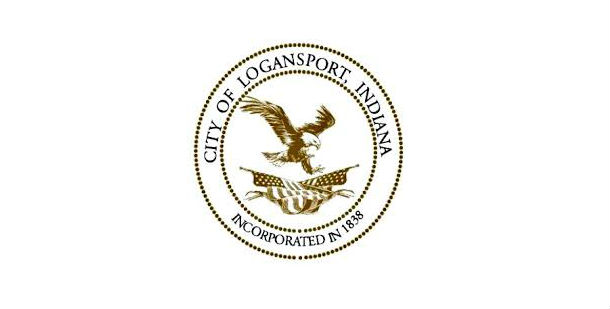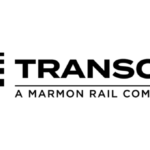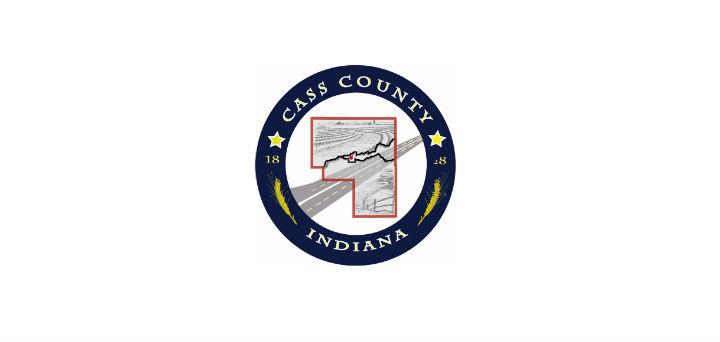Last Updated on August 18, 2016 by cassnetwork
The Logansport City Council is facing some difficult decisions as it begins the process of creating the city’s budget for 2017 and beyond.
This is the first budget season for six of the council’s seven members, Clerk-Treasurer Stacy Cox and Mayor Dave Kitchell.
At a finance committee meeting Wednesday night, the council spent about two and a half hours talking with Eric Walsh of Umbaugh and Associates, who’s created a comprehensive financial plan for the City of Logansport. Umbaugh is also working with Cass County and Logansport Community Schools.
According to the comprehensive financial plan prepared for the city, “at the current spending levels, cash reserves will be depleted by the end of 2018.” Walsh said it’s recommended to have a minimum of 15% of the general fund operating balance on hand. Logansport will fall below that in 2016 and continue to fall if current trends continue.
The city’s general fund saw shortfalls of $925,000 in 2014 and $1,285,000 in 2015. Continuing along the same path would see a projected shortfall of $1,155,000 in 2016, $1.7 million in 2015 and just over a million dollars in 2018.
City officials say those shortfalls were covered by a reliance on cash reserves. The city’s general fund had a year-end cash balance of $4.75 million in 2013. By 2015, the general fund’s year-end balance was about $2.5 million. If the current rate of spending continues, Logansport would reach a negative general fund balance of $350,000 in 2018.
The deficit spending is an issue Kitchell brought up during his campaign, and the previous administration rebutted.
Walsh said the biggest issue the city faces is the circuit breaker. Enacted in 2010 by the state legislature, the circuit breaker caps property taxes at 1% for homesteads, 2% for residential and farmland and 3% for non-residential (business) and personal property.
Property taxes are figured by multiplying the net assessed value of a property by the tax rate. That figure is often higher than taking the gross assessed value and multiplying by the 1, 2 or 3% caps. According to Walsh, the city currently loses more than 30% of the certified tax levy to the circuit breaker.
City leaders will still have to find the funds to provide city services.
Proposed solutions include better use of already available resources, including allocation of the max levy and the use of funds supported by income tax, like CEDIT, which receives about $275,000 per year, and the LOIT public safety fund, though it already has projected shortfalls.
The city could look to cut costs, or it could manage the growth of costs through things like succession planning, insurance cost sharing, or a budget freeze.
Clerk-Treasurer Stacy Cox is currently meeting with city department heads to review their proposed budgets in advance of their meetings with the council, which will be scheduled for Sept. 14 and 15.
City leaders will likely begin looking at alternative revenue sources. In 2014, the city council stopped charging residents for trash collection, adding a $925,000 annual expenditure back into the budget. Walsh said many communities do charge their residents separately for trash pickup, and it’s an idea the current council could bring back for discussion.
Another new option on the table for cities and towns with a population of 10,000 or more is the addition of a municipal wheel tax collected and distributed by the BMV. If city leaders chose that route, they could add an annual minimum wheel tax of $7.50, up to a maximum of $25 for passenger vehicles, motorcycles and trucks under 11,000 lbs., with a $5 minimum and $40 maximum for all other vehicles. If implementing the tax at the maximum was approved, projections show that could bring in about $500,000 annually for the motor vehicle highway fund. Adopting this tax would require a public hearing.
The news also comes as the city is asking State Senator Randy Head and Representative Bill Friend to intervene with INDOT for help with cost overruns on the 18th St. project.
“As you may know, the 18th Street project in Logansport we inherited has incurred multiple difficulties with limestone deposits that engineering consultants and the Indiana Department of Transportation consider to be unforeseen circumstances,” Logansport Mayor Dave Kitchell wrote in an e-mail to the legislators Tuesday afternoon” Those have now inflated the cost of a basic intersection and widening by $360,000. The city of Logansport is currently “on the hook” for these cost overruns that should have been apparent in the pre-engineering studies and bidding, and are currently in dispute . I think we all understand that this project has “fallen between the cracks” of accountability between contractors, consultants and construction managers. But at the end of the day, the taxpayer is going to pick up the tab for this very expensive situation that we need to address. Obviously, had we had any control over this project in advance, we would not have approved $360,000 for this project.”
*Slides from Aug. 17 powerpoint presentation, provided by Clerk-Treasurer Stacy Cox






